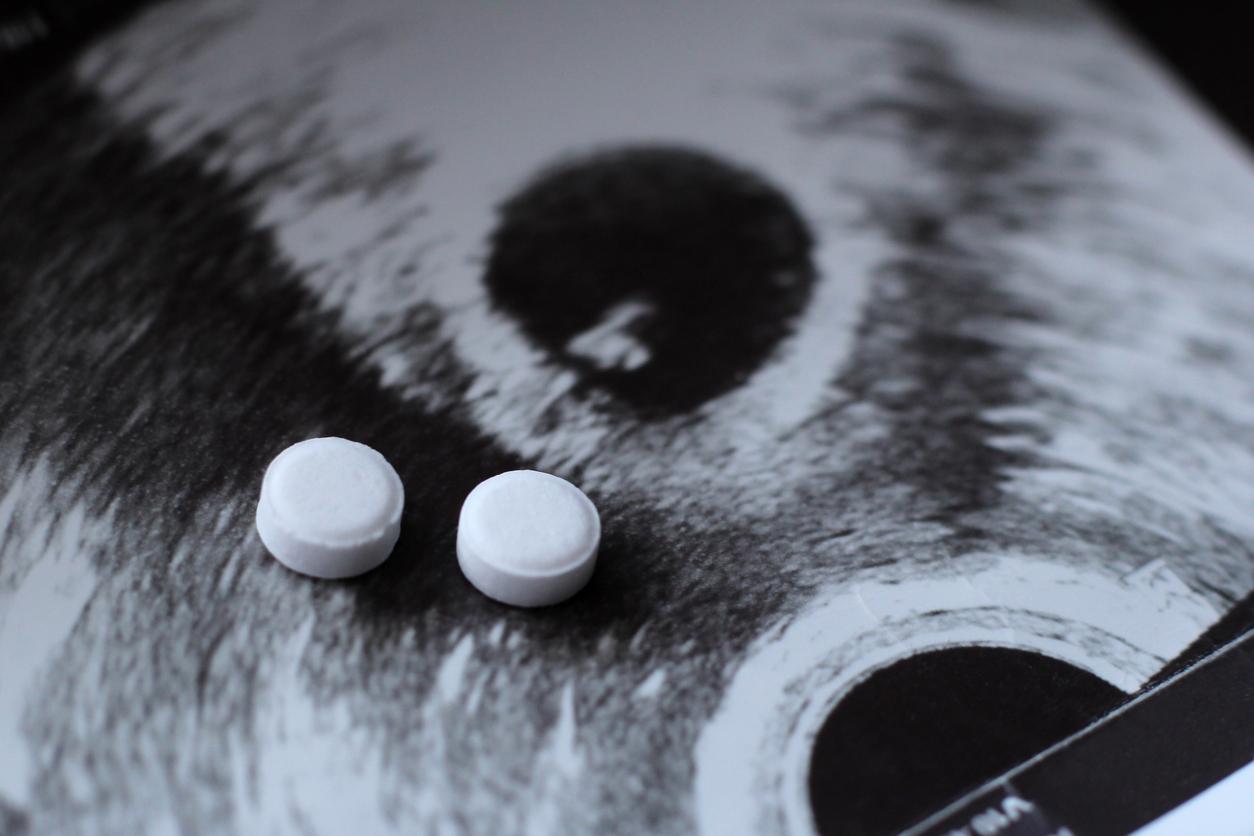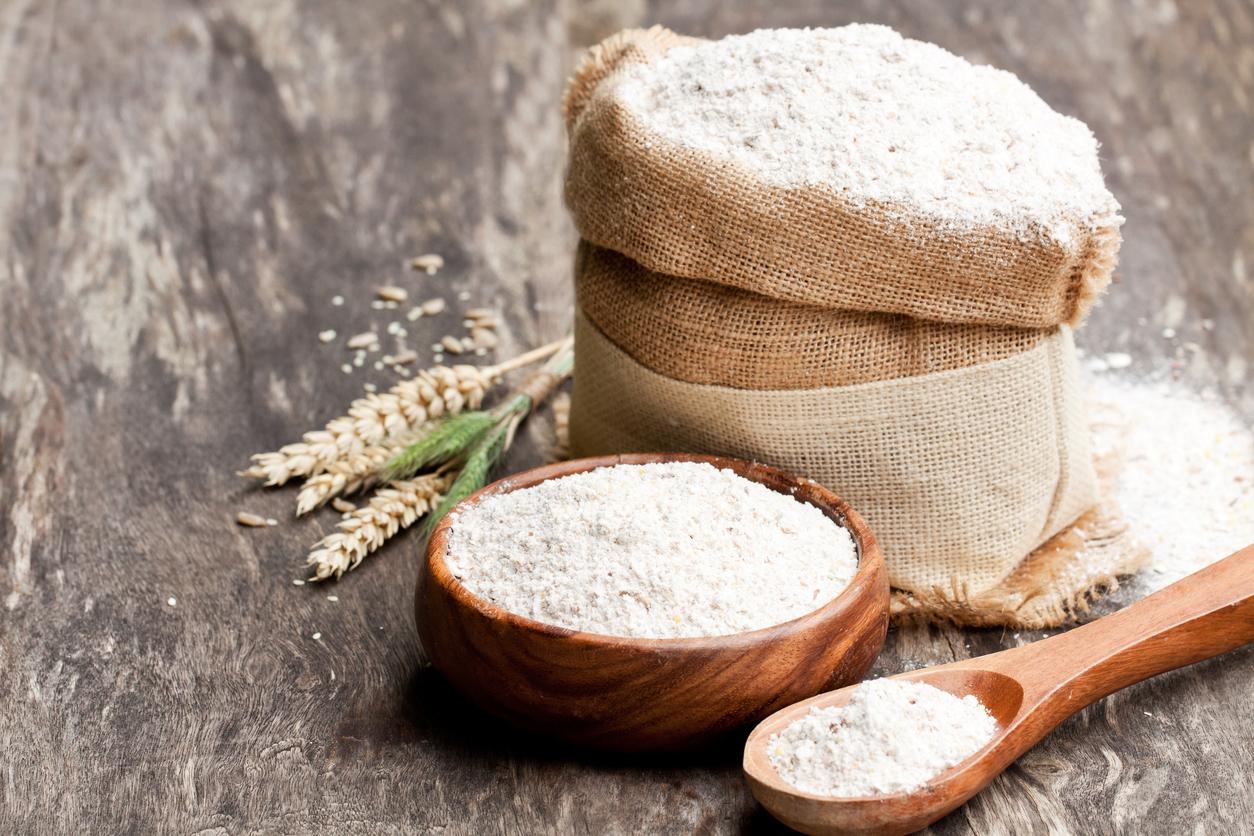The acid reflux are due to the relaxation of the cardia (the small muscle which closes the top of the stomach) linked to the hormonal impregnation, as well as to the pressures of the uterus and the baby which slow down the emptying of the stomach ”, explains Nicolas Dutriaux, midwife. Benign, these acid reflections are nonetheless difficult to live with on a daily basis and can disrupt already very difficult nights at the end of pregnancy. “As a first step, it is advisable to adopt some hygienic and dietary measures”, advises Jacques Lansac, professor of obstetric gynecology at the University Hospital of Tours. We will begin by adopting these hygienic and dietary measures:
– Identify and avoid foods that cause heartburn (acidic foods, spicy or fatty dishes, coffee, tea, carbonated drinks, etc.).
– Divide your meals into 3 small meals and 2 or 3 snacks.
– Avoid lying down after eating.
– Raise the head of the bed about ten centimeters or sleep with several cushions behind the back.
If the acid reflux persists, we can turn to drugs while avoiding self-medication because some specialties are contraindicated during pregnancy. ” Bandages antacid based on aluminum salts can be prescribed during pregnancy. They line the wall of the esophagus and thus protect it from acid reflux, ”explains the professor of gynecology. The use, on prescription, of proton pump inhibitors (drugs that decrease the production of acids by the stomach) may be considered in case of reflux persistent and painful.
Alternative medicine side
“Homeopathy or acupuncture can provide long-term support because conventional drugs that work well often have a limited action over time,” said Nicolas Dutriaux, midwife.
In homeopathy: Robinia 5 CH (2 granules 3 times a day) in case of acid reflux. Lycopodium 5 CH in case of acid reflux which mainly occurs between 4 and 8 p.m.
In herbal medicine: Dr Fabienne Millet recommends lemon balm herbal teas.


















